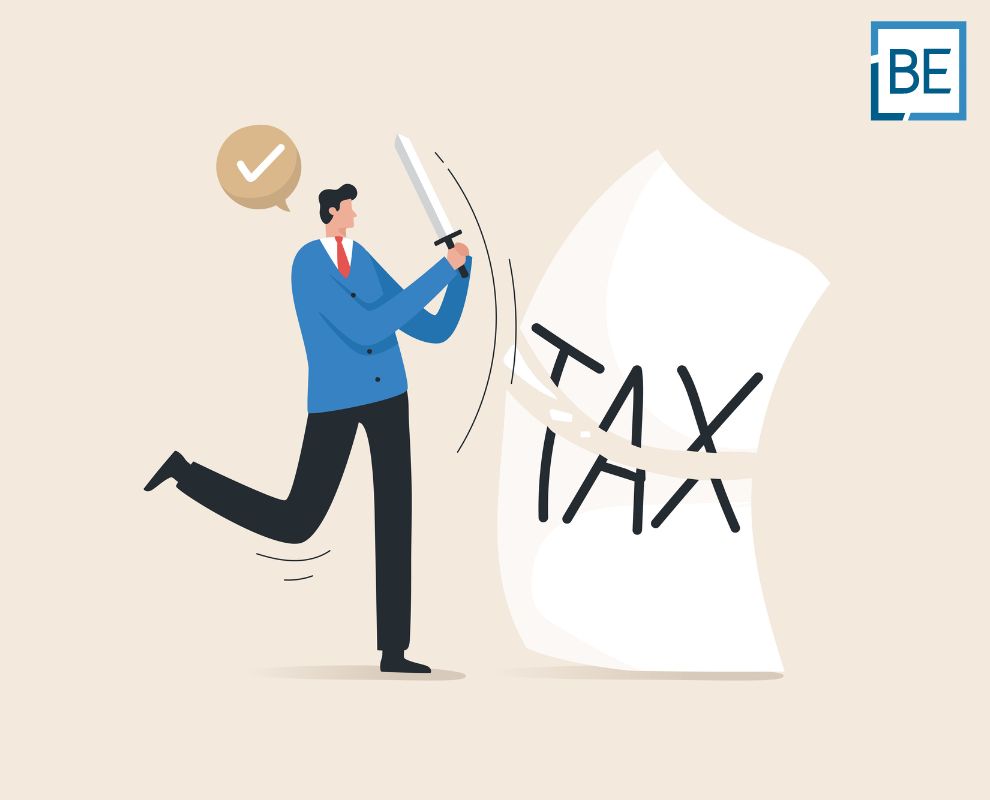Belaws Home ›› Thailand ›› Blog ›› Decreased Tax Rates for Foreign Professionals
news > tax rates Thailand
Decreased Tax Rates for Foreign Professionals
29/06/2022
In May 2022, the Royal Decree No. 743 B.E. 2565 (2022) issued under the Revenue Code, announced that highly skilled foreign professionals working in Thailand on long-stay, non-immigrant visas will be taxed at a rate dependent on their immigration status.
Key Points
- Tax for a highly skilled foreign professionals’ assessable income will be withheld at a rate of 17% (standard rate is progressive from 0 to 35%).
- Special rates are available for highly skilled foreign workers, wealthy global citizens, wealthy retirees, or work-from-Thailand professionals.
Who qualifies as a highly skilled foreign worker?
Highly skilled foreign workers who work in government-targeted sectors or fields, will be eligible for the reduced tax rate.
What is the tax rate for highly skilled foreign workers?
Tax on a foreigner’s assessable income will be withheld at a rate of 17%.
Additionally, Foreign professionals will be exempt from including this income as part of the calculation of their personal income tax. Qualifying foreigners are also ineligible from applying for a tax refund or any tax credits, either in whole or in part, on the withheld tax.
Should they apply for any of the aforementioned things, they will lose their eligibility for this scheme.
It is important to note that some foreigners’ income may be subject to a tax rate of less than 17%. If this does happen to be the case, the taxpayer has two options for calculating their income tax:
- The first option would allow the highly skilled foreigner to continue using the lower tax rate, but any assessable income would be included in the final income tax calculation.
- The second option would increase the rate to 17%, but any assessable income would be excluded from the final income tax calculation.
Are there any exemptions?
The following exemptions may also apply to foreigners with assessable income under Section 40 (4) and (8) of the Thai Revenue Code.
✓ Section 40 (4) includes additional sources of income tax derived from investments, capital holdings, and other sources.
✓ Section 40 (8) concerns income derived from several sources, and circumstances in which a third-party pays taxes on behalf of a taxpayer.
If any qualifying assessable income from either category has had tax withheld at the source, then the taxpayer is entitled to choose to pay income tax under Section 48 (3) and (4) of the Revenue Code.
Under Section 48 (3) the foreigner is eligible to pay tax at a rate of 15% on income earned under the categories under Section 40 (4).
Section 48 (4) includes alternative means of calculating the tax on income earned under section 40 (8). Again, foreigners must not apply for a refund or tax credit in order to be eligible under this section.
Even if the taxpayer uses these exemptions, they are still required to file returns relating to the exempt assessable income.
Who else is eligible for these decreased tax rates?
Foreigners living in Thailand as wealthy global citizens, wealthy retirees, or work-from-Thailand professionals may be eligible for the reduced tax rates.
In order to be qualified as a wealthy global citizen, wealthy retiree, or work-from-Thailand professional, the following criteria must be satisfied.
Wealthy global citizens
Qualifying individuals must have invested at least USD 500,000 in Thai property, Thai government bonds, or Foreign Direct Investment (FDI).
People who have earned at least USD 80,000 over the past 2 years and own a minimum of USD 1,000,000 in assets are also eligible for the LTV.
Wealthy retirees
Qualifying individuals must have invested a minimum of USD 250,000 in Thai property or Thai government bonds. Additionally, they must have an annual pension of at least USD 40,000.
Applicants with a minimum annual pension of USD 80,000 are also eligible for the LTR.
Professionals working in Thailand
Professionals Working in Thailand are broken down into two categories. Applicants from both categories must have earned a minimum of USD 80,000 over the past 2 years.
However, individuals in category 1 must hold intellectual property rights, while those in category 2 must hold a class-A scholarship and have completed 5 years of research.
It is also important to note that personal, assessable income brought into Thailand from abroad, earned from work, businesses, or international property, is also eligible for this exemption.
How can our team of experts help?
The Belaws tax service provides reliable advice and feedback from our experts relating to tax in Thailand. For more information, please feel free to book a consultation with one of our experts.
Please note that this article is for information purposes only and does not constitute legal advice.
Our consultations last for a period of up to 1 hour and are conducted by expert Lawyers who are fluent in English, French and Thai.
Consultations can be hosted via WhatsApp or Video Conferencing software for your convenience. A consultation with one of our legal experts is undoubtedly the best way to get all the information you need and answer any questions you may have about your new business or project.
USD 150
Up to 1 hour
Online payment (Paypal or Credit card)
Legal consultation can be conducted in English, French or Thai
Legal consultations are handled by experienced lawyers from the relevant fields of practice
Related posts
Subscribe today
Subscribe today
To our newsletter for all the latest legal news
in South East Asia, Belaws updates and
special promotions on our services.
To our newsletter today for all the latest legal news in South East Asia,
Belaws updates and special promotions on our services.







